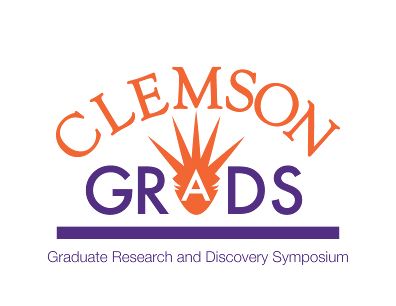Graduate Research and Discovery Symposium (GRADS)
Manual Precedence Mapping and Application of a Novel Precedence Relationship Learning Technique to Real-World Automotive Assembly Line Balancing
Advisor
Dr. Laine Mears, Dr. Mary Beth Kurz
Document Type
Poster
Department
Automotive Engineering
Publication Date
Spring 2013
Abstract
An assembly line is a flow-oriented production system where the work pieces visit stations successively as they are moved along the line. An important decision problem, called Assembly Line Balancing Problem (ALBP), arises and has to be solved when (re-) configuring an assembly line. It consists of distributing the total workload for manufacturing any product to be assembled among the work stations along the line. The assignment of tasks to stations is constrained by task sequence restrictions which can be expressed in a precedence graph, which most manufacturers do not have. As a consequence, the elaborate solution procedures for ALBP developed by more than 50 years of research are not applicable in practice. Unfortunately, the known approaches for precedence graph generation are not suitable for the automotive industry. Therefore, we describe a detailed application of a new graph generation approach that is based on learning from past feasible sequences. Experiments indicate that this procedure is able to approximate the real precedence graph sufficiently well to detect nearly optimal solutions for a real-world automotive assembly line. Thus, the new approach seems to be a major step to close the gap between theoretical research and real-world line balancing.
Recommended Citation
Antani, Kavit R.; Pearce, Bryan; Mears, Laine Dr.; Kurz, Mary Beth Dr.; and Mayorga, Maria Dr., "Manual Precedence Mapping and Application of a Novel Precedence Relationship Learning Technique to Real-World Automotive Assembly Line Balancing " (2013). Graduate Research and Discovery Symposium (GRADS). 40.
https://open.clemson.edu/grads_symposium/40


